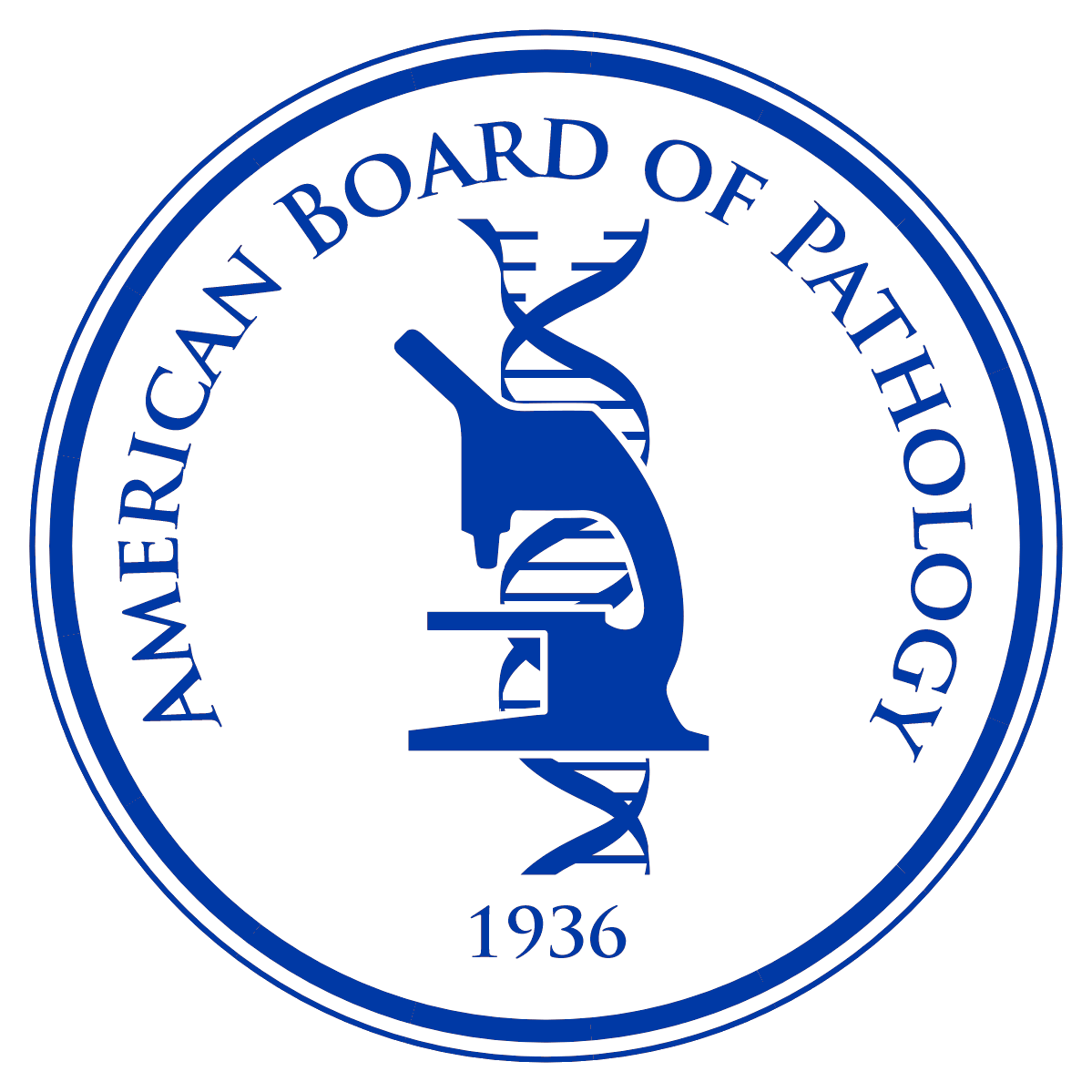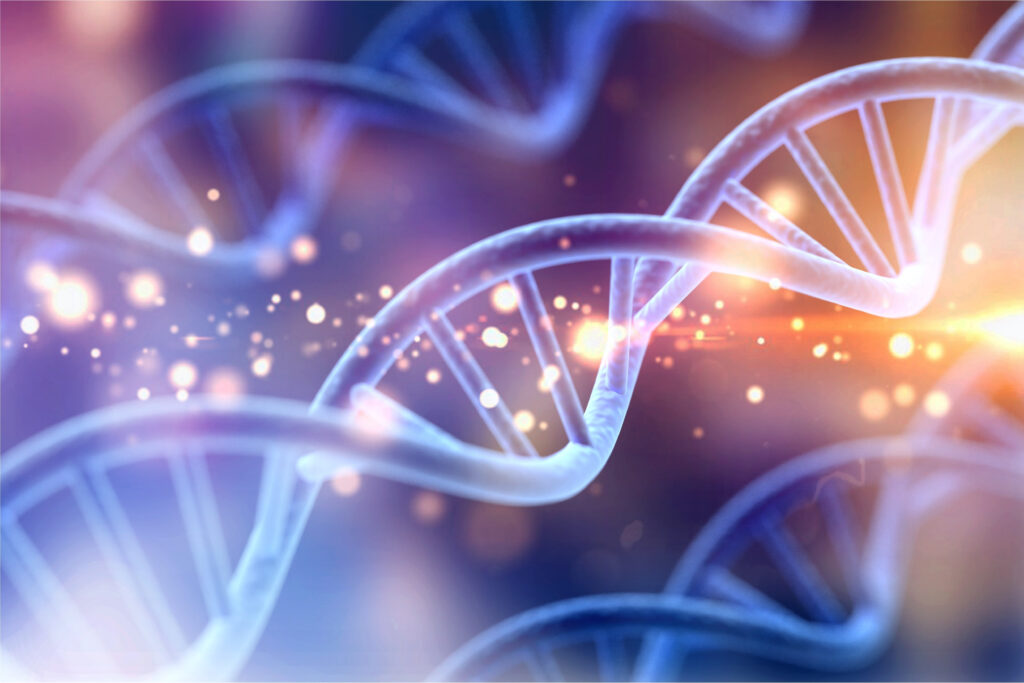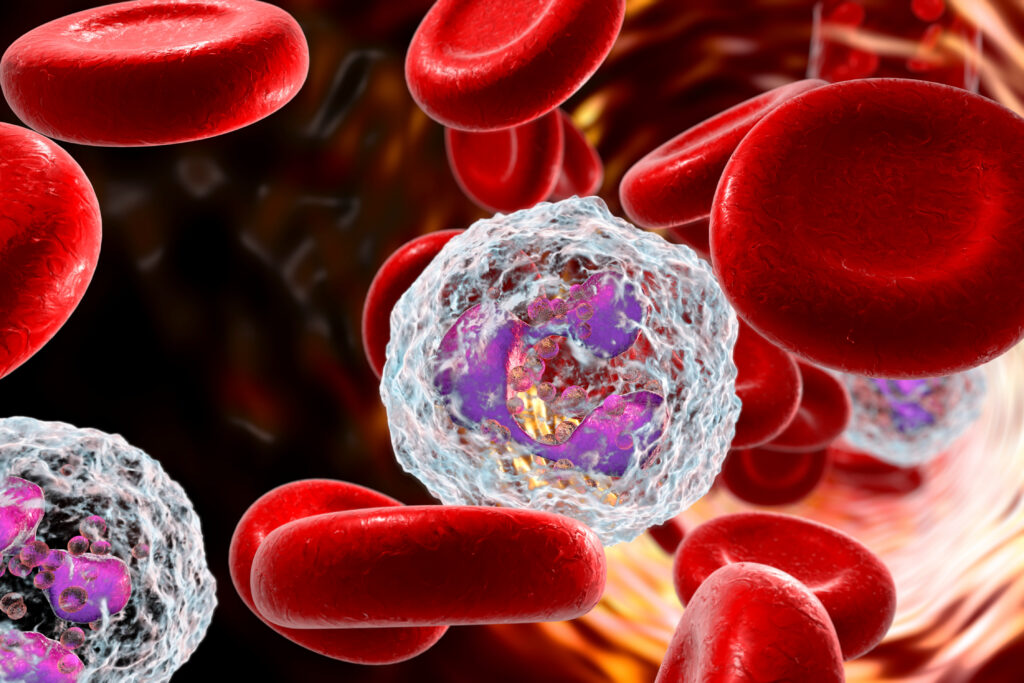Pathology: What is it and What Does a Pathologist Do?
The etymological origin of pathology is from the two Greek “pathos” (πάθος) and “logos” (λόγος). Pathos, in this context, means disease, whereas logos refers to the science of or the study of disease. Traditionally, Pathology has been considered the study of disease, but over the ages it has evolved into so much more. Today, pathologists are clinical care providers who contribute their scientific and practice skills to the diagnosis and management of patients in a variety of ways.
Sir William Osler, the Father of American Medicine, said, “As is our pathology, so is our practice.” He recognized, having done extensive pathology training, that the scientific, evidence-based approach to pathology was pivotal for the accurate characterization of disease, which is key for directing the appropriate care for the patient.
Today, there is essentially a pathologist for every specialty of medicine, each focusing on different aspects of patient care and diagnosis.
Forensic Pathologists:
These pathologists perform autopsies and examine deceased individuals to determine the circumstances, causes, and mechanisms of their deaths. Their work involves collecting and analyzing evidence, conducting toxicology tests, and collaborating with law enforcement and legal professionals to assist in criminal investigations or provide expert testimony in court.
Surgical Pathologists:
These pathologists analyze biopsies or excised tissue under a microscope to identify the presence of cancer, benign diseases, infections, or other abnormalities. Surgical pathologists work closely with surgeons, oncologists, and other healthcare professionals to provide accurate and timely diagnoses that guide treatment decisions and patient care.
Cytopathologists:
Instead of studying solid tissue samples like surgical pathologists, cytopathologists focus on individual cells or clusters of cells. They analyze the cellular content of body fluid specimens, as well as specimens obtained through procedures like fine-needle aspirations and Pap smears.
Hematopathologists:
These pathologists focus on all aspects of the blood and lymphoid systems. They analyze blood and tissue specimens to identify various blood disorders, including leukemia, lymphoma, anemia, and other hematological conditions. Their work involves using specialized laboratory tests, such as blood smears, flow cytometry, and molecular diagnostics, to examine and characterize the different tissues and components of the blood and lymphoid tissues.
Pediatric Pathologists:
These pathologists specialize in diagnosing and studying diseases that affect infants, children, and adolescents. They focus on examining tissues and organs obtained from pediatric patients, including autopsies and biopsy specimens Pediatric pathologists play a crucial role in diagnosing pediatric cancers, developmental disorders, genetic conditions, infections, and other diseases.
Molecular Genetic Pathologists:
These pathologists specialize in using molecular and genetic techniques to study and diagnose diseases at a molecular level. They focus on analyzing DNA, RNA, and protein molecules within cells and tissues to identify specific genetic alterations, mutations, or biomarkers associated with various diseases. Their work involves conducting sophisticated laboratory tests, such as polymerase chain reaction (PCR), next-generation sequencing (NGS), and fluorescence in situ hybridization (FISH), amongst other methods, to detect and characterize molecular abnormalities in patient specimens. Molecular pathologists play a crucial role in diagnosing and guiding the treatment of diseases, including cancer, genetic disorders, infectious diseases, and other conditions with a genetic basis.
Neuropathologists:
These pathologists specialize in studying diseases and disorders that affect the nervous system, particularly the brain and spinal cord. They examine brain and nerve tissue specimens obtained from autopsies or biopsies to identify and diagnose neurological conditions. Their work involves analyzing the structure and composition of nerve cells, glial cells, and other components of the nervous system using microscopy and other specialized techniques to diagnose various neurological disorders, including neurodegenerative diseases, brain tumors, infections, and traumatic brain injuries.
Dermatopathologists:
Experts in diseases of the skin and its appendages. These physicians, which may be pathologists or dermatologists with subspecialty training, study skin specimens obtained from biopsies or excisions to identify and characterize various skin conditions, including inflammatory skin disorders, infections, autoimmune diseases, and skin cancers.
Chemical Pathologists:
These pathologists have specialized training in clinical chemistry and laboratory medicine. They play a vital role in diagnostic medicine, focusing on the analysis and interpretation of chemical components in body fluids, such as blood and urine. Their work involves overseeing and interpreting a wide range of laboratory tests, including tests for glucose, electrolytes, enzymes, hormones, and other biochemical markers. Chemical pathologists use these test results to assess the overall health of patients and aid in the diagnosis, monitoring, and management of various medical conditions, such as diabetes, kidney diseases, liver disorders, and metabolic imbalances.
Medical Microbiologists:
These pathologists are concerned with the detection and characterization of infectious agents. They specialize in the study of microorganisms (bacteria, viruses, fungi, and parasites) that cause infectious diseases in humans. They play a crucial role in the diagnosis, treatment, and prevention of infectious diseases. Their work involves identifying and characterizing disease-causing microorganisms from patient specimens, such as blood, urine, sputum, or tissue specimens. They use various laboratory techniques, including culturing, staining, and molecular methods, to determine the presence of pathogens and their drug-resistance patterns.
Blood Bank/Transfusion Medicine:
These physicians, which may be pathologists or other physicians with subspecialty training, specialize in managing blood products, ensuring safe blood transfusions, and studying the immune response to transfusions. Their work involves blood typing and compatibility testing, blood donation and testing, transfusion management, immunohematology, and transfusion safety.
Clinical Informatics:
Some pathologists, as well as other physicians with specialized training, even specialize in the computer systems and databases required for modern care delivery. These specialists deal with electronic medical records, data analysis, decision support systems, health information exchange, and the interoperability of various platforms or systems.
Pathology is a diverse, interesting, and exciting field of medicine, and highly skilled pathologists are critical for high-quality care delivery. Below are additional links concerning pathology and the practice of pathology and laboratory medicine.
https://www.cap.org/member-resources/articles/what-is-pathology
www.ascp.org/content/patient-champion/about/pathologylabmedicine






